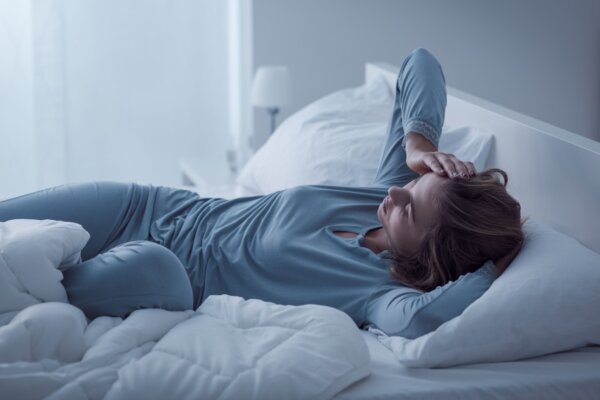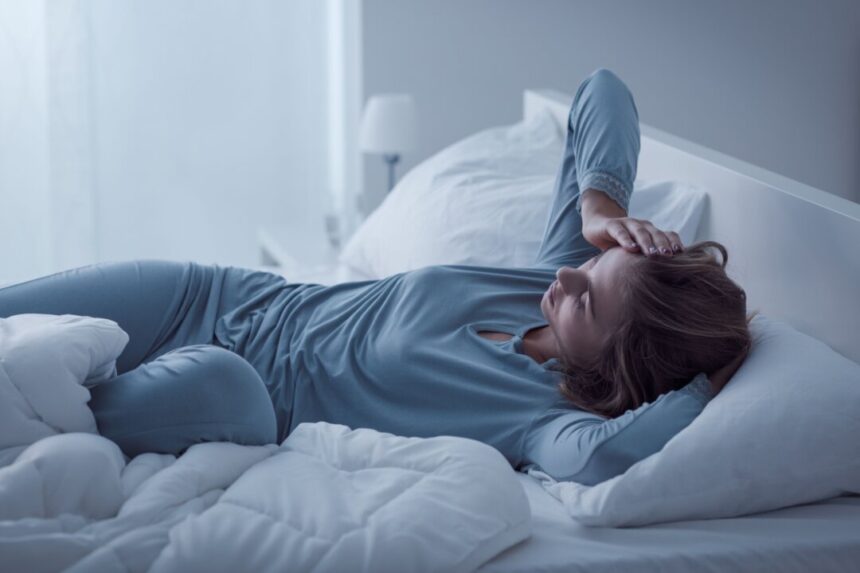
Sleep and blood sugar are closely connected—an imbalance in blood sugar levels can lead to disrupted sleep, nightmares, night sweats, and frequent urination
The connection between sleep and blood sugar levels is significant. Our brain regulates glucose levels in the blood constantly, and any imbalance can disrupt sleep patterns. The Mediterranean diet, known for its low sugar and processed food content, is believed to be beneficial for sleep quality.
Understanding the Relationship Between Sugar and Sleep
A diet high in sugar and refined carbohydrates can have negative effects on your sleep quality. Consuming sugar throughout the day or before bed can result in elevated blood glucose levels, leading to subsequent crashes. These fluctuations in blood sugar levels can disrupt hormone balance during sleep, potentially interrupting your rest.
Effects of Sugar on Sleep
A study on patients with Type 2 diabetes revealed that those with higher blood sugar levels tend to experience poor sleep quality. Another study found that adults with prediabetes often face sleep disturbances.
Julie Pace, a registered functional dietitian nutritionist, emphasized the importance of monitoring your sugar intake for better sleep quality. She explained how consuming foods rich in sugar and refined carbs can disrupt blood sugar levels and lead to sleep disturbances.
1. Frequent Urination
Fluctuations in blood sugar levels can influence urination frequency. High blood sugar levels can increase urine production, leading to more frequent trips to the bathroom. On the other hand, low blood sugar levels can result in reduced urine production. Ms. Pace noted, “Elevated blood sugar can cause the kidneys to work harder to eliminate excess sugar, resulting in increased urination.”
2. Night Sweats
Changes in blood sugar levels can impact body temperature. High blood sugar levels can lead to dehydration due to increased urine output, affecting the body’s ability to regulate temperature.
Conversely, low blood sugar levels can trigger sweating and shivering to maintain core body temperature. Adrenaline production in response to low blood sugar can cause sweating and clamminess during the night. Additionally, blood sugar fluctuations can affect blood circulation and temperature regulation.
3. Vivid Dreams
While more research is needed, there is evidence linking blood sugar levels to vivid dreaming. Drops in blood sugar during sleep have been associated with nightmares and nocturnal disturbances. A clinical report from 2019 highlighted abnormal sleep behavior in a patient with Type 2 diabetes due to hypoglycemia, which improved with insulin adjustments. Additionally, studies suggest that poor glycemic control in Type 2 diabetes patients is linked to bad dreams.
If blood sugar fluctuations disrupt your sleep, consider a balanced pre-bed snack to stabilize your blood sugar levels. Snacks low in carbs and high in protein can promote better sleep. High carb intake is associated with poorer sleep quality. Ms. Pace recommends options like apple slices with peanut butter or hummus with veggies for a bedtime snack.
Waking up at specific intervals during the night, increased urination, temperature shifts, and vivid dreams could signal blood sugar imbalances. To avoid disruptions in blood sugar levels while sleeping, maintain a diet low in refined sugars. If you experience frequent blood sugar fluctuations, consult a healthcare provider for personalized guidance on managing your blood sugar levels.





